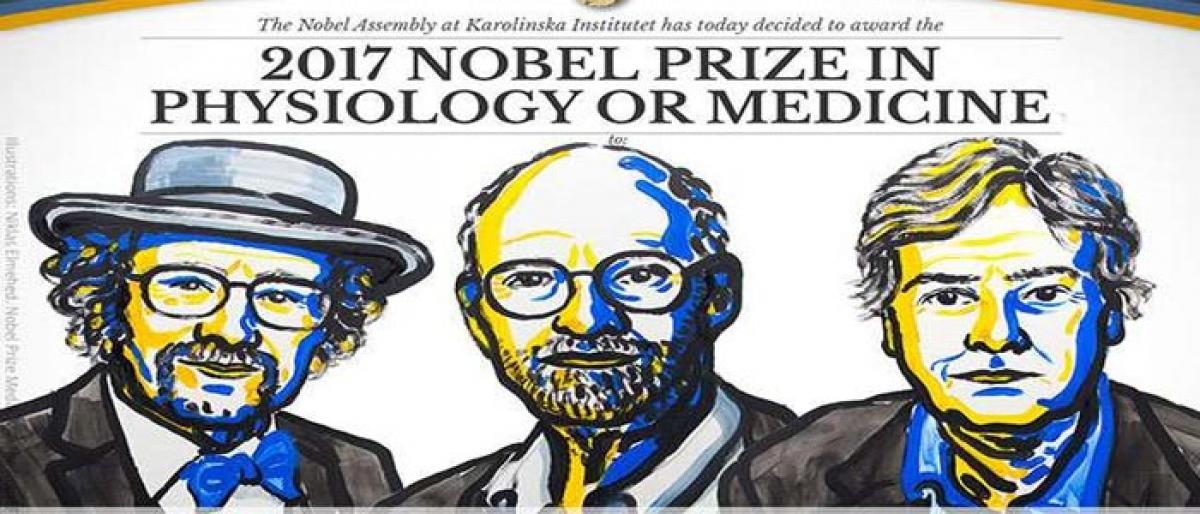Live
- Blinkit Now Delivers Laptops, Monitors, and Printers in 10 Minutes
- OnePlus 13 First Sale Begins Today: Price, Offers and Discounts
- Wilting MVA in Maha, Sanjay Raut dares Congress to announce end of INDIA bloc
- Krishna Janmabhoomi-Shahi Eidgah dispute: Consolidation of suit should benefit both sides, says SC
- Champion of stronger relations with India, Chandra Arya runs for Canadian PM's race
- Thai Chicken Sliders
- Plant-based chicken seekh kebab kathi roll
- Chicken Keema Kebab
- Tragic Bus Accident in Suryapet District: Four Dead, 17 Injured
- Madhur Sharma launches new EP ‘Reversion’; announces nationwide tour









